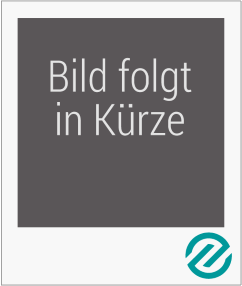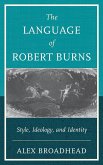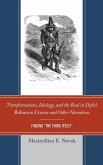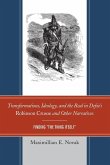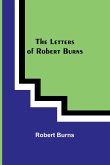This monograph offers a radical reconceptualization of the relationship between the poetics and practice of Robert Burns and reevaluates the nature of his role in the history of Scots. By drawing on ideas from twenty-first-century sociolinguistic theory, it seeks to transform the debate surrounding Burns's language. Through a series of readings that explore the way in which Burns used and commented on the styles associated with different places, groups and genres, it demonstrates how languages, places, and the identities associated with both are, in Burns's writing, subject to continual reinvention. In this respect, the study breaks with existing accounts of the subject, insofar as it presents Scots, English and the other languages used by Burns not as fixed, empirically-observable entities, but as ideas that were revised and remade through the poet's work. Focusing on Burns's poems, songs, letters, prefaces, and glossaries, the book pays special attention to the complex ways in which the author engaged with such issues as phonology, grammar, and the naming of languages. The Burns who emerges from this book is not the marginal figure of traditional accounts-an under-educated poet alienated from the philological mainstream-but rather a well-informed thinker who, more than any other contemporary writer, embodies the creative linguistic spirit of the eighteenth century.
Hinweis: Dieser Artikel kann nur an eine deutsche Lieferadresse ausgeliefert werden.
Hinweis: Dieser Artikel kann nur an eine deutsche Lieferadresse ausgeliefert werden.

